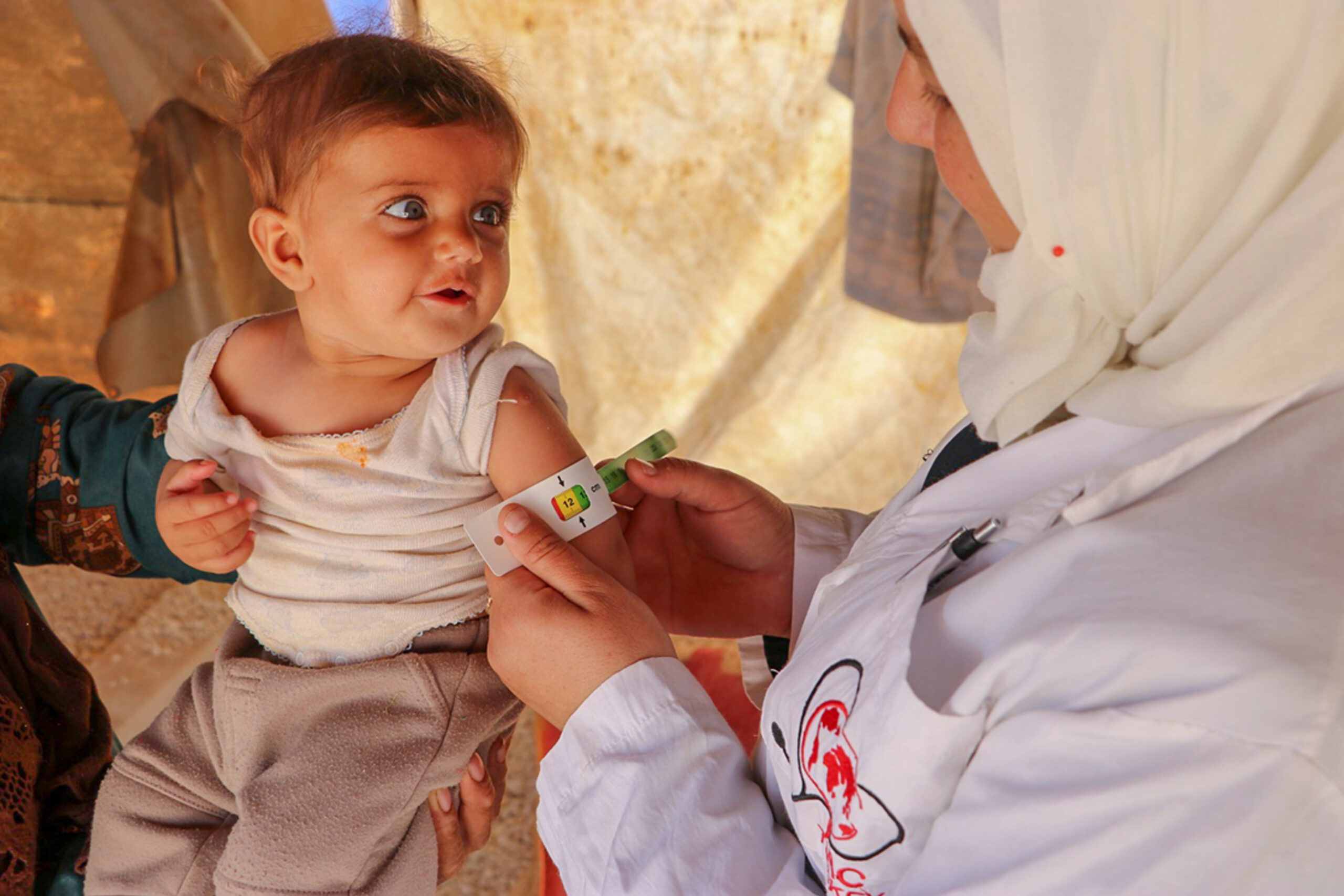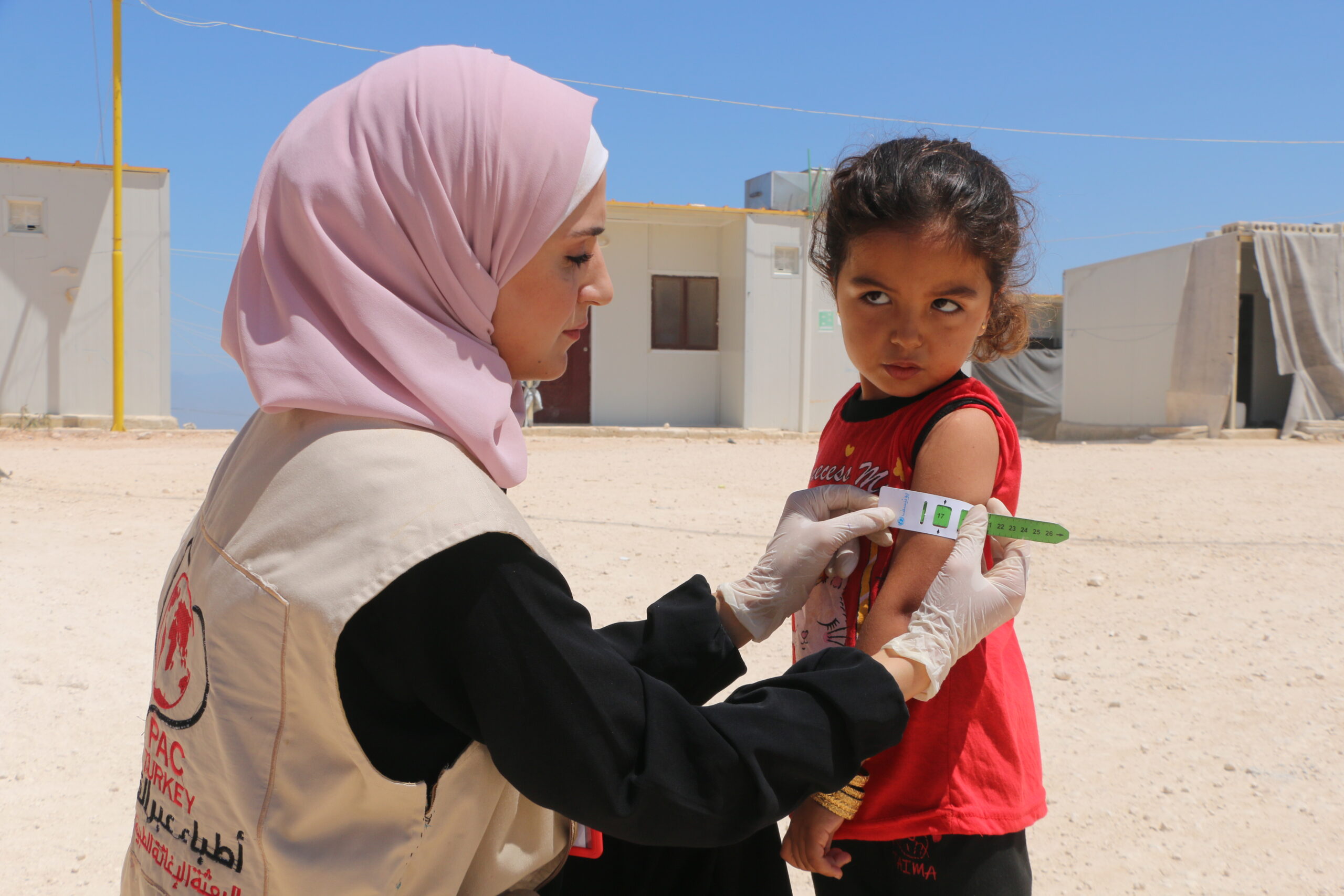Implemented in many countries, be they the broad objectives of reducing the prevalence of malnutrition and improving household food security
• CMAM Program:
The Community-Based Management of Acute Malnutrition (CMAM) program is a comprehensive approach to treating acute malnutrition in communities. It is an evidence-based and cost-effective strategy that integrates nutrition interventions in communities to prevent and treat acute malnutrition among vulnerable populations, mainly children under five years of age and Pregnant and Lactating Women in emergency contexts.
The CMAM Program is delivered through many service modalities:
• RRTs: Rapid Response Teams
• CHWs: Community Health Workers
• OTPs: Out-Patient Centers
• SCs: Stabilization Centers.

The CMAM program typically consists of four key components:
1. Community mobilization and sensitization: This involves raising awareness about the importance of nutrition and identifying and reaching out to malnourished individuals in the community.
2. Identification and referral of malnourished individuals: Nutrition Service Providers and volunteers are trained to screen for and identify malnourished individuals, such as children with severe acute malnutrition (SAM) or moderate acute malnutrition (MAM).
3. Treatment and management: Malnourished individuals are provided with a package of care that includes therapeutic feeding, prevention interventions such as nutritional supplements, medical treatment for complications, and counseling on optimal feeding practices.
4. Follow-up and monitoring: Regular monitoring and follow-up visits are conducted to track progress, assess nutritional status, and provide continued support to malnourished individuals until they have recovered.
The CMAM program is designed to be implemented at the community level, making it accessible to those who may not have access to health facilities. It emphasizes community participation, empowerment, and ownership, which are essential for the sustainability and success of the program.
Overall, the CMAM program is a holistic approach that addresses the immediate needs of malnourished individuals while also focusing on long-term solutions to prevent malnutrition in the community. It has been proven to be effective in reducing morbidity and mortality rates associated with acute malnutrition and improving the overall health and well-being of vulnerable populations.



Leave A Comment